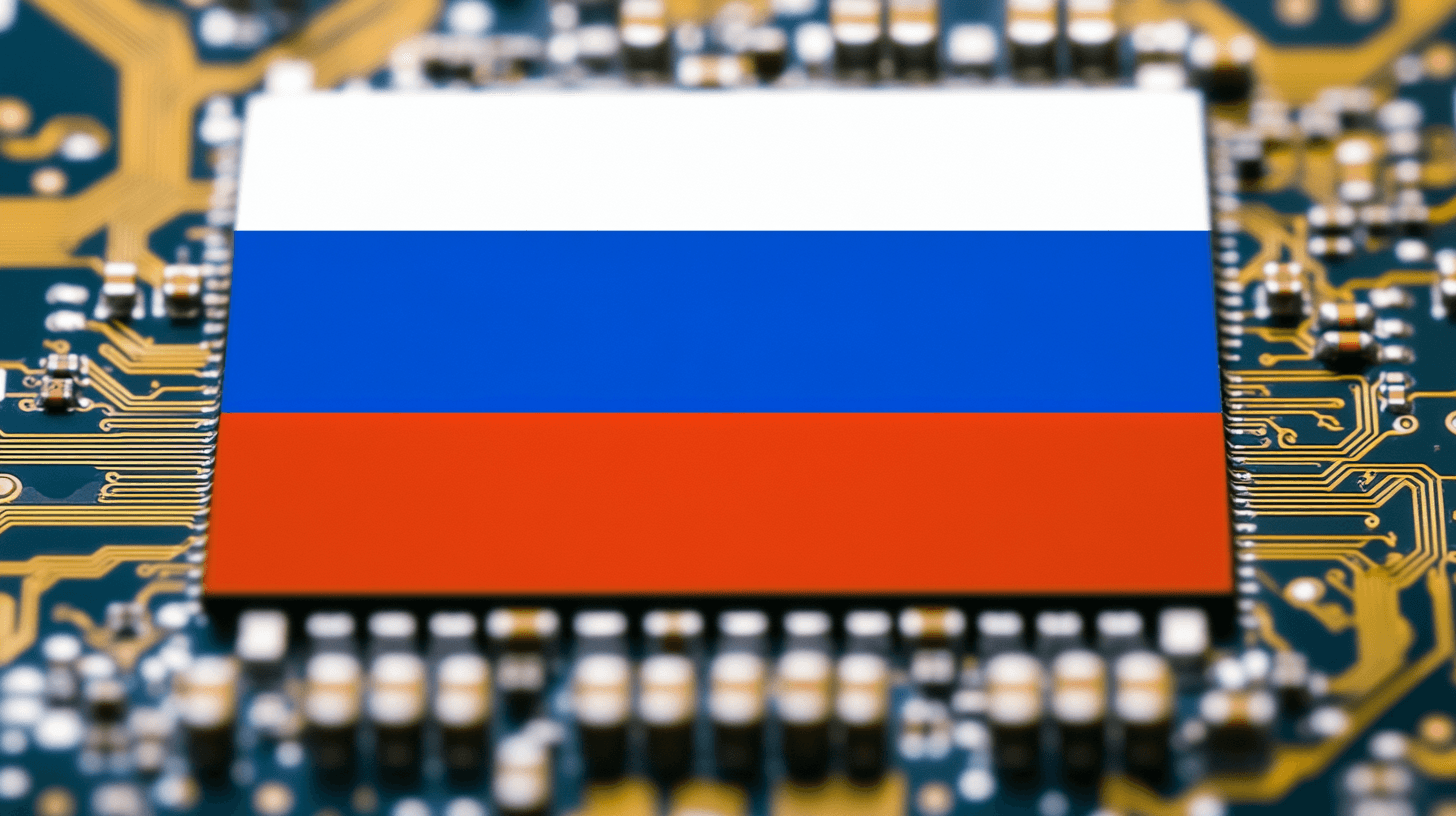Indian company ships $300 million worth of AI servers to Russia despite Western bans

Trade data shows that an Indian pharmaceutical company has exported over 1,100 high-performance servers with powerful Nvidia and AMD chips for AI to Russia, despite Western sanctions.
According to an investigation by Bloomberg, the Indian pharmaceutical company Shreya Life Sciences is exporting Dell servers with powerful Nvidia and AMD chips for artificial intelligence to Russia, despite Western sanctions. Trade data shows that Shreya delivered over 1,100 high-performance servers worth $300 million to two Russian trading companies between April and August 2024.
The servers contain Nvidia's H100 chips and are on the list of goods sanctioned by the US and EU. India considers the exports legal.
Shreya heavily relies on Russia
Between 2011 and 2013, Shreya borrowed $86 million from Promsvyazbank in Moscow, which was later sanctioned. The money was used to acquire shares in Shreya's Moscow subsidiary, which in turn paid for the import of pharmaceutical products from India. The loan helped Shreya stay afloat, as much of the product went to its own subsidiary.
In 2018, Promsvyazbank became the main financier of the Russian arms industry. It allowed Shreya to repeatedly defer repayments. In 2022-23, Shreya owed the bank 85% of its liabilities of 7.6 billion rupees (about 83 million euros). Against this backdrop, Shreya entered the technology export business and expanded it as the war progressed. According to Bloomberg, India is now the second-largest supplier of sanctioned technology to Russia after China.
Malaysian trade data suggests that the servers originally came from there, according to Bloomberg. Dell, Nvidia, and AMD state that they are complying with export controls. Shreya did not respond to Bloomberg's inquiries.
Gaps in Western efforts to curb Russia's access to dual-use technology
The findings show gaps in Western efforts to curb Russia's access to dual-use technology. Shreya began exporting computer hardware to Russia in September 2022. Initially, the company supplied Lanprint and Silkway, which were later sanctioned by the US, but ceased doing business with them two months before the sanctions were imposed.
Recent investigations by The New York Times, Reuters, and Financial Times have also shown that despite US export bans on advanced AI chips, there is a thriving trade in the chips in China, primarily from Nvidia. Reporters found dozens of suppliers in Shenzhen, some handling deals worth over $100 million.
According to the research, more than a dozen state organizations in China, including those with military ties, also purchased banned chips. These were also used for Chinese research on nuclear weapons, torpedoes, and stealth fighters. Companies involved circumvent the restrictions through new partnerships and foreign subsidiaries.
The export restrictions introduced in September 2022 are intended to prevent China, Russia, and Iran from obtaining advanced AI chips that could enable breakthroughs, particularly for military applications.
AI News Without the Hype – Curated by Humans
As a THE DECODER subscriber, you get ad-free reading, our weekly AI newsletter, the exclusive "AI Radar" Frontier Report 6× per year, access to comments, and our complete archive.
Subscribe nowAI news without the hype
Curated by humans.
- Over 20 percent launch discount.
- Read without distractions – no Google ads.
- Access to comments and community discussions.
- Weekly AI newsletter.
- 6 times a year: “AI Radar” – deep dives on key AI topics.
- Up to 25 % off on KI Pro online events.
- Access to our full ten-year archive.
- Get the latest AI news from The Decoder.